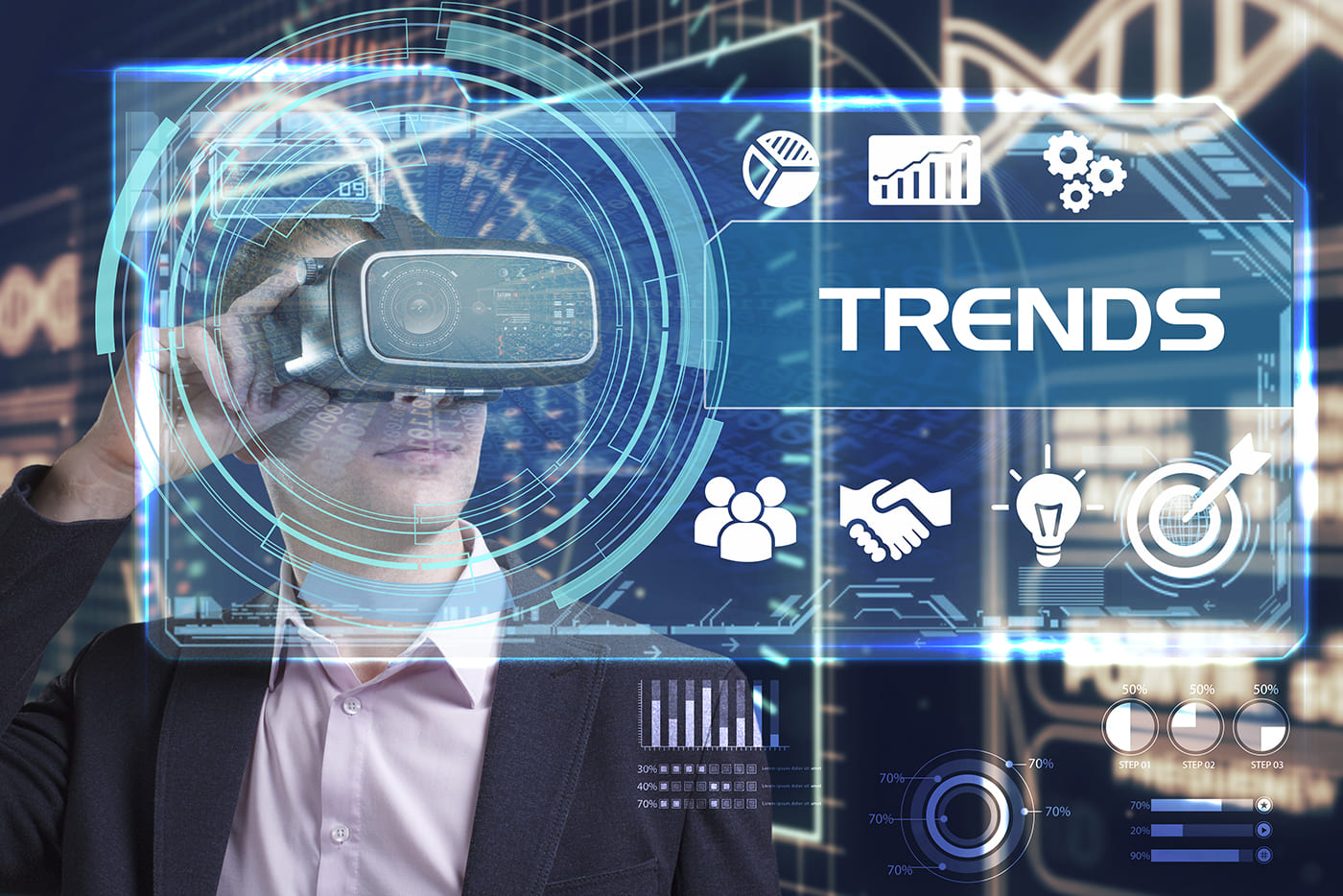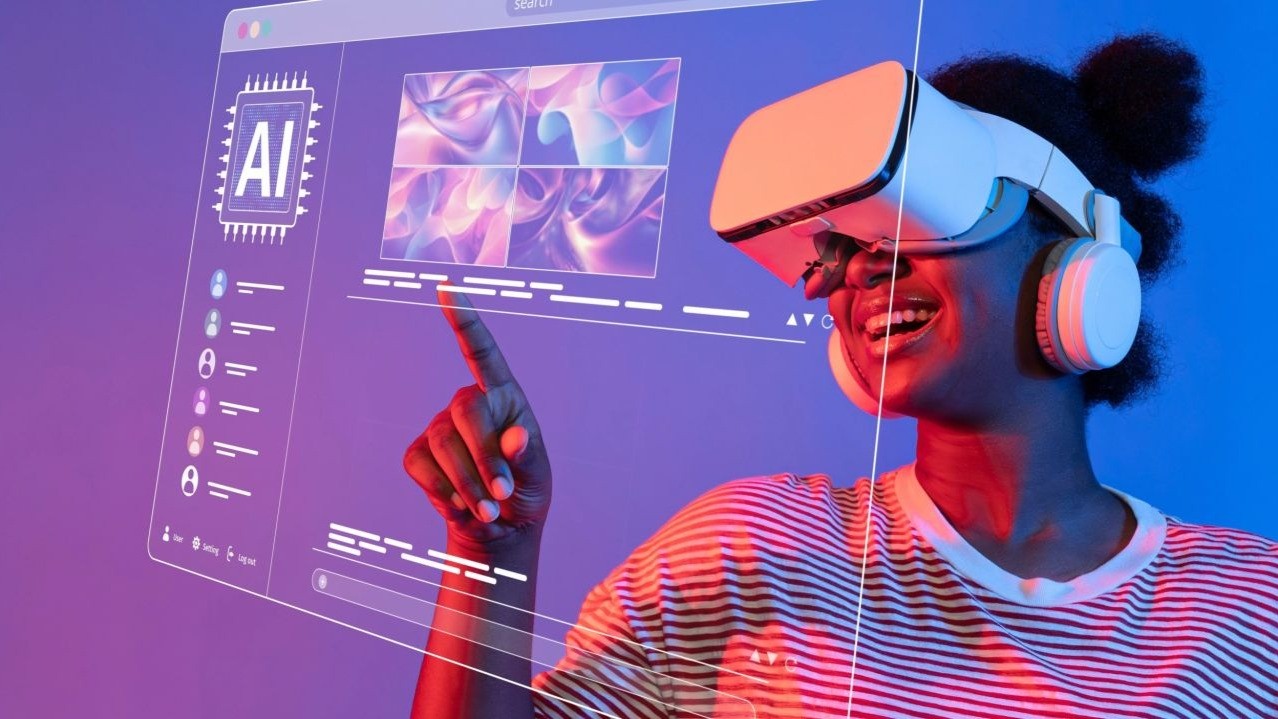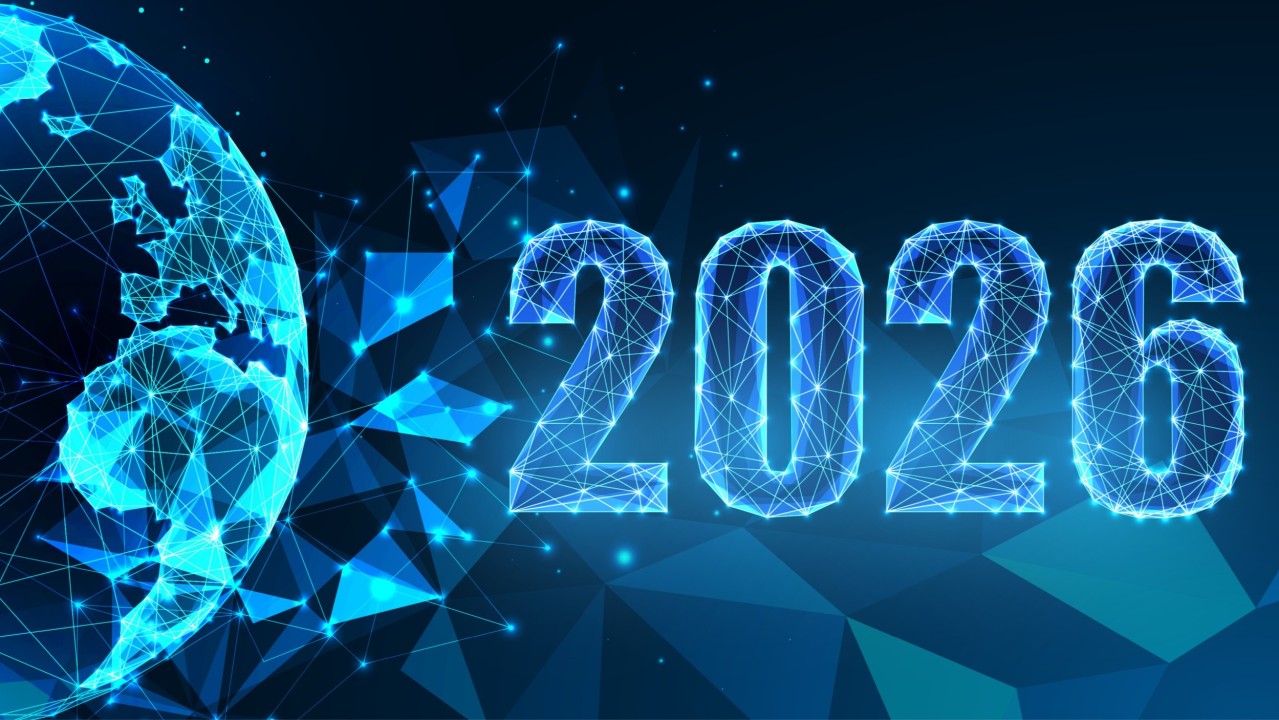The 5 Biggest Media And Entertainment Technology Trends In 2022
15 March 2022
The media and entertainment industry is driven by technology. This includes everything from cutting-edge special effects developed for movies (and then adopted across other industries) to streaming media, virtual reality gaming, and new delivery channels for news, music, and advertising.

During the pandemic, even the few remaining outlets for entertainment that have remained analog – like music concerts and theatre – moved into the digital domain. While 2022 will (hopefully) see us returning to spending more time out of the house, creators and producers who want to maintain the increased reach they developed are likely to continue to drive innovation in this field.
So here’s my overview of some of the most important trends that will impact the way we consume media and digital entertainment over the next 12 months. Please note that this article does not cover trends in gaming which, although technically counting as entertainment, will be covered in an upcoming piece.
Artificial intelligence
Artificial intelligence (AI) will continue to have a transformative impact throughout the media industry. Within this industry, its three most important functions will be recommendation, voice recognition and media automation. Since the arrival of Netflix and streaming services have upended the way we discover and consume entertainment media, every provider has invested in recommendation technology in order to more efficiently and accurately surface content with audiences that will find it valuable. Netflix has said that 80% of its content delivery is achieved through recommendation, and it, as well as all other streaming providers, will be competing to improve on this score throughout 2022.
Likewise, media companies will continue to strive to create more and more useful and accurate voice recognition systems. Voice is increasingly becoming the way that audiences prefer to communicate with services, which will become better at using natural language algorithms to understand what we want from them.
AI is also used in content automation, for example, to generate snippets of movies or music that are most likely to appeal to us for use in previews and thumbnails. So if a service knows that we tend to gravitate towards romance, then when we preview a movie that contains action and romance elements, we’re more likely to see snippets of scenes featuring romantic elements.
The metaverse
Virtual events, performances, and shows have all grown in popularity while much of society has been locked down or restricted in how often we can leave our homes. This heralded the emergence of the metaverse – online, persistent, and interconnected digital environments where we can meet to socialize, work, and, of course, be entertained! Metaverse performances such as concerts by Ariana Grande and Bruno Mars that took place last year inside the online game Fortnite are just a glimpse of what is to come. While the metaverse may not be quite reach Ready Player One levels of sophistication by 2022, it’s going to be increasingly become the venue where we share entertainment experiences with friends from the comfort of our homes. Streaming services including Hulu and Disney Plus already include “watch party” functions that let you share movie time with groups of friends, wherever you are in the world. However, as well as new collaborative ways to experience old entertainment forms like movies and music within online environments, the metaverse will make entirely new forms of entertainment a reality, such as exploring virtual environments – Disney have announced plans to create a metaverse theme park, for example.
NFTs
Non-fungible tokens – blockchain-dwelling certificates used to record the ownership of digital assets and enable “unique” digital content – are controversial but undeniably revolutionary. And the media and entertainment industry is certainly not immune to their potentially transformative impact. While we have mostly seen them used to enable the sale of digital artwork, we will increasingly see them used for everything from IP management to selling content based on shows. Rick and Morty creator Dan Harmon’s new show, Krapopolis, is said to be curated entirely on blochchain and will feature its own marketplace for trading NFTs based on the show. NFTs also have the potential to impact the way artists and stars build relationships with their fans by enabling them to release exclusive collections that can be collected when fans interact digitally with their idols, much the same way that autographs are used to record real-world encounters!
Related Articles
AI Agents Lead The 8 Tech Trends Transforming Enterprise In 2026
By now, “smart” versions exist of just about every home appliance, gadget and gizmos we can think of. However, manufacturers continue[...]
The 8 Data Trends That Will Define 2026
By now, “smart” versions exist of just about every home appliance, gadget and gizmos we can think of. However, manufacturers continue[...]
7 Quantum Computing Trends That Will Shape Every Industry In 2026
By now, “smart” versions exist of just about every home appliance, gadget and gizmos we can think of. However, manufacturers continue[...]
The Next Giant Leap For AI Is Called World Models
By now, “smart” versions exist of just about every home appliance, gadget and gizmos we can think of. However, manufacturers continue[...]
7 Revolutionary Space Tech Trends That Will Transform Life On Earth In 2026
By now, “smart” versions exist of just about every home appliance, gadget and gizmos we can think of. However, manufacturers continue[...]
4 Tech Trends That Will Shape 2026 And The Breakthroughs Powering Them
By now, “smart” versions exist of just about every home appliance, gadget and gizmos we can think of. However, manufacturers continue[...]
Sign up to Stay in Touch!
Bernard Marr is a world-renowned futurist, influencer and thought leader in the fields of business and technology, with a passion for using technology for the good of humanity.
He is a best-selling author of over 20 books, writes a regular column for Forbes and advises and coaches many of the world’s best-known organisations.
He has a combined following of 4 million people across his social media channels and newsletters and was ranked by LinkedIn as one of the top 5 business influencers in the world.
Bernard’s latest book is ‘Generative AI in Practice’.










Social Media